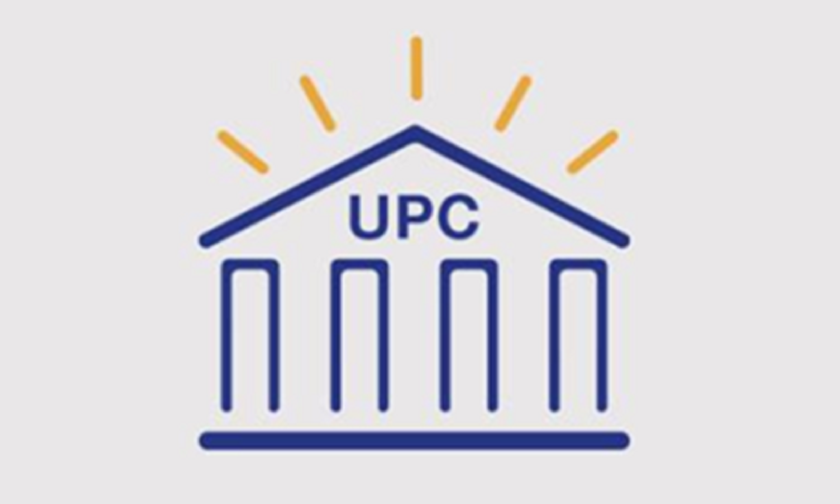The concept of the Unified Patent Court (UPC) entered the lives of European patent holders with the Agreement on a Unified Patent Court, an international agreement dated February 19 2013. The system is due to start on June 1 2023.
The courts within the UPC constitute an important step towards ensuring the unity of the judiciary for EU member states. With the completion of the approval processes for 17 EU countries a few days before the transition period called the “sunrise period”, the issues regarding the implementation of the system became apparent.
There is some uncertainty about how the system will play out in the countries that are parties to the European Patent Convention (EPC) but not members of the EU. In this article, the possible effects of this system in Turkey, which is among the EPC countries but outside the UPC system, will be examined.
The EU and EPC membership question
As a non-EU country that is party to the EPC, Turkey is essentially in the same position as Norway and Switzerland with regard to the UPC. Likewise, the post-Brexit UK has joined the list of countries that are party to the EPC but not the UPC. It is not possible to state that the UPC system will directly affect these countries.
As a matter of fact, just like before the UPC, European and national patent applications will continue to be made from these countries after the UPC. In this respect, patent holders in countries that are not members of the EU will also be able to include their European patents in the UPC system for UPC countries, or, if they wish, they can keep their patents within the classical European patent system with the opt-out procedure, and they will benefit from national patent protection in their own countries.
The UPC seems set to benefit from the comprehensive jurisprudence database created by the European Patent Office (EPO) until it forms its own established jurisprudence. In the same vein, European intellectual property (IP) legal circles anticipate that once the UPC makes decisions, they may affect EPO case law.
Nonetheless, there is no regulation on making an appeal proceeding before the EPO a prejudicial matter or vice versa regarding a patent subjected to an EPO appeal process and a revocation action before the UPC.
Turkish practice
At the point reached today in invalidity proceedings before the Turkish IP courts, the courts have started to reach a consensus on deeming opposition, and especially appeal processes, at the EPO as a prejudicial matter before starting the examination phase of invalidation proceedings against a European patent in Turkey. In this context, the courts tend to wait for the decision of the EPO in order not to occupy the judicial system unnecessarily, since a revocation decision that the EPO may render will directly impact a patent validated in Turkey.
So, if the EPO revokes a patent after it is recorded in the Turkish registry, the Turkish IP courts will decide that the case becomes devoid of essence without further examination. On the other hand, if the EPO maintains a European patent as granted, or granted subject to amendments or limitations, the local court starts the national examination and then decides on the validity or invalidity of the Turkish part of the patent. As can be seen, EPO proceedings have great importance for the Turkish judiciary regarding European patents validated in Turkey.
Looking ahead
In the above regard, although there is no requirement in terms of legislation, considering that the UPC proceedings and EPO evaluations have a high probability of affecting each other, it can be said that the decisions to be made by the UPC regarding the validity of a European patent that is included in the UPC system and has validation in Turkey may also affect the Turkish proceedings.
Thus, considering that the decisions to be made by the UPC are expected to be concluded faster than an EPO process, it is possible to make the following inference: decisions made by the UPC regarding the validity of a European patent included in the UPC system will set a precedent before the EPO, so UPC decisions will now set a precedent in Turkish proceedings.
This situation raises the possibility that Turkish judges may slightly change their prejudicial matter practices. Namely, when a national invalidation action is filed in Turkey against a patent pending before the EPO, the local court will most likely decide to wait for the EPO process. If an invalidation action is also brought before the UPC at this time, the UPC decision will probably be rendered before the EPO decision is made, as the UPC proceedings are expected to be concluded more quickly.
A distinction should be made at this point: if the UPC invalidates the patent, Gün + Partners expects the Turkish court to continue to wait for the EPO decision, as the court will consider that the EPO will also likely render a revocation decision.
However, if the UPC decides on the patent’s validity, will the Turkish court, which expects the EPO to follow this decision, withdraw its decision to wait for the EPO and initiate the national proceedings so as not to waste time? Or will it continue to wait for the EPO’s decision, even though it knows that the patent is more likely to be validated by the EPO.
The answer to the last question will emerge depending on many factors, such as:
The correlation between EPO decisions and UPC decisions over time;
The speed at which UPC decisions are made; and
The amount of UPC decisions that Turkish courts will face.
If the Turkish court decides to wait for the EPO’s decision, even though a decision has been rendered by the UPC regarding the patent, it is inevitable that one of the parties will request the withdrawal of this decision due to its position and strategies in the market, and this issue will have to be evaluated.















